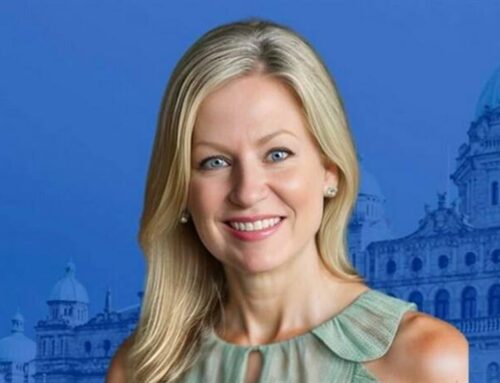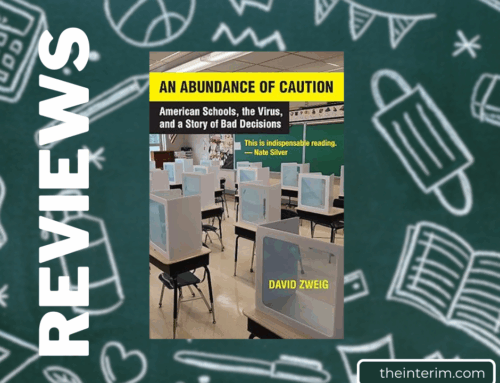I’ve tried to believe in equality. Truly, I have. But try as I may, I no longer can.
Early on, I noticed that doctors get paid whether their patients live or die, lawyers whether their clients walk or go to jail, mutual fund managers whether their customers make money or lose it.
Now there’s equality, I thought. Not only do these professionals treat us equally. They also treat success and failure equally, charging for both.
It seemed like an egalitarian utopia. So, when I became a freelance writer, I expected to be paid whether my articles were accepted or rejected. The editors I sent them to expected otherwise. Oh, they paid for the few articles they accepted, but not for the many they rejected.
Well, that’s not entirely true. When the same editor both accepted and rejected an article, I got a kill fee. That’s what editors give you when they change their mind about an article they accepted. I was devastated. Not because the payment was half the regular fee, but because I was in mourning for the article the editor killed. I was also conscience stricken. By accepting the fee, I became an accessory.
Further disappointments convinced me that equality is the exception, inequality the rule. Yes, I know that the promoters of publicly funded medical care consider it an icon of equality. For the most part, they’re right. Under it, medical care is equally inaccessible. Generally speaking, we all wait in line.
But our pets, not being under it, don’t. Without publicly funded veterinary care, inequality with our pets will persist.
I also know that governments are supposed to promote equality. They don’t. They promote inequality, between the rulers and the ruled and among both.
The backbenchers we elect to represent us are clearly disadvantaged. For years, they languish in legislative jungles where uncivil discourse erupts and laws against libel don’t apply. Even worse, to make them toe the party line, they’re periodically whipped. Believe me, I’ve seen the whips and they’re not pretty. Backbenchers who are lured into cabinet lose their individuality entirely. In the name of solidarity, they’re expected to say what they don’t mean and not say what they believe.
Little wonder legislators are conflicted and risk post-traumatic stress. You can’t blame them for self-medicating with generous expense accounts, free air travel and, after six years of bedlam, pensions indexed to inflation, though not, I suspect, to deflation.
Burdened by these disparities, politics cries out for advocates dedicated to making legislators equal to the rest of us. Sadly, few answer the call.
Governments promote inequality among the ruled by redistributing wealth. Sometimes they take from the rich and give to the poor. Other times they take from the poor and give to the rich. Either way, they take a commission and give it to themselves. Some transfers, like income taxes and pensions, are highly visible. Others, like the proceeds from supply management, are largely hidden.
An economist friend explained that through supply management, we Canadians, rich and poor alike, pay higher than market prices for milk, cheese, ice cream, and eggs, among other products.
“That’s because marketing boards control production, fix prices and limit foreign competition,” he said.
“If governments really promoted equality,” I replied, “they’d manage the supply of all products.”
“I wouldn’t recommend it,” he said. “Instead of being unequally rich, we Canadians would be equally poor.
It’s not just governments that promote inequality. Individuals do it as well. Both nurture so many grounds for discrimination, and the compensation it attracts, keeping up is difficult. In the old days, they concerned religion, race, ethnicity and class. More recently, they’ve included sex, sexual orientation, and gender identity and fluidity. If you don’t keep track of them and their variations, you could be a victim without realizing it, and miss out.
My last hope for an egalitarian utopia was Canada’s Charter of Rights and Freedoms. I assumed that the Charter enshrined equality. It doesn’t. It enshrines inequality: on the one hand, between whites and aboriginals; on the other, through affirmative action, between men and women, and among other individuals and groups, between the advantaged and the disadvantaged.
Our languages are unequal, too. The Charter privileges English and French. It doesn’t even identify the others.
Although the Charter says that everyone has the right to life, everyone doesn’t. Whether you have it depends on where you live. If you live in a house, a condo, an apartment, a street or a park, you have it. If you live in a womb, you don’t. In Canada, this is known as justice.
As I said, I can no longer believe in equality. Thanks to the Charter, we’re constitutionally unequal.





